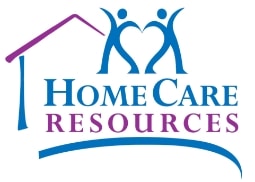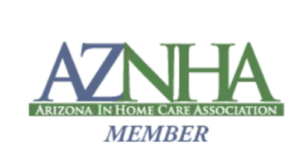Having high blood pressure can be more taxing on your senior’s body than either you or she might have realized. During the coronavirus pandemic, it’s important that both of you understand how her immune system might be compromised.

Higher Blood Pressure Affects the Immune System
There’s a connection between hypertension and the immune system, and scientists are still working to discover whether that connection works both ways or not. For now, what doctors and scientists do know is that people with higher blood pressure levels may be more susceptible to some illnesses because their immune system often isn’t working as well as it should. Keeping blood pressure under better control may be able to help with that issue.
Medications Might Play a Role, but That’s No Reason to Stop Treatment
Medications that help with blood pressure control, particularly ACE inhibitors, may also have something to do with being more susceptible to certain bacteria and viruses, including the coronavirus. That does not mean that your senior should stop taking her medications, however. Both the American Heart Association and the CDC recommend that your senior continue taking the medications she’s currently prescribed to manage underlying health issues.
The Coronavirus Affects Multiple Systems in the Body
Covid-19 itself seemed at first to be purely a respiratory illness. As more people contract the illness, it becomes more apparent that the pulmonary system is impacted, but so is the circulatory system. The kidneys, liver, and other organs are also typically impacted by the virus. This may be the crux of why hypertension is a higher risk factor because your senior’s circulatory system is already working very hard and the virus makes it work even harder.
Contact Your Senior’s Doctor if She Develops Symptoms
Follow all the recommendations from the CDC, which include:
- Continue taking medications
- Stay at home as much as possible
- Wear cloth face masks in public
- Wash hands often with soap and water
- Practice social distancing
If your elderly family member does become ill, make sure that you’re paying attention to her exact symptoms. Contact your elderly family member’s doctor right away and determine if these are symptoms that need to be managed at home or if your senior should get tested.
Senior care providers can help your elderly family member to run errands, to keep up with household tasks, and to disinfect her home. This is especially important assistance if your elderly family member is trying to stay at home as much as she possibly can.
If you or an aging loved-one are considering hiring Home Care in Glendale, AZ, please contact the caring staff at Home Care Resources at (602) 443-4700
- Understanding Chronic Conditions in Seniors: The Importance of Support - May 9, 2025
- Helping Your Elderly Loved One Maintain Healthy Vision - April 24, 2025
- Spinal Stenosis Symptoms - April 10, 2025




